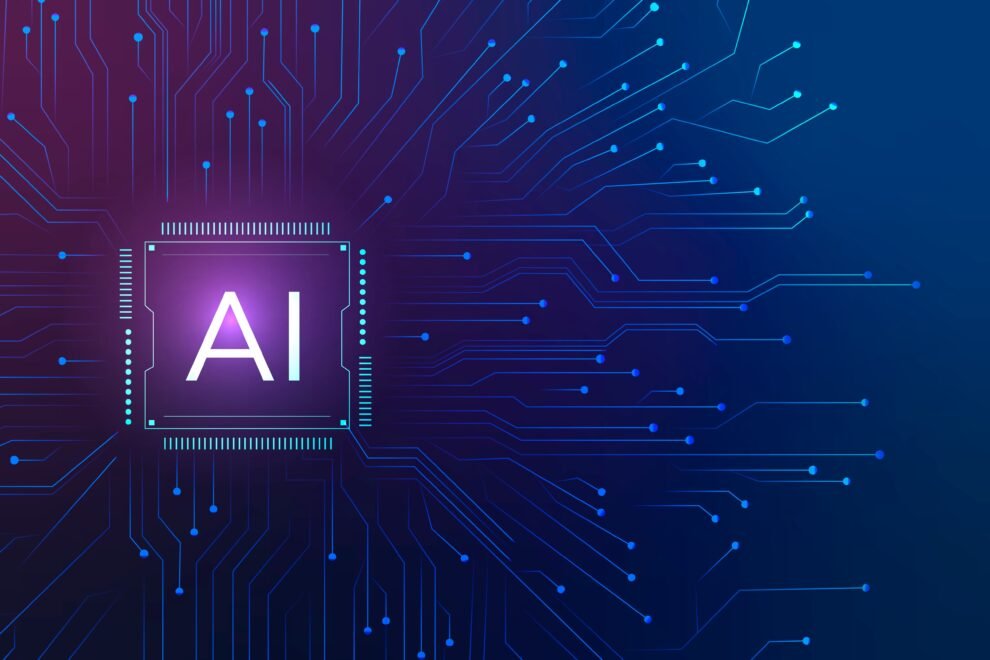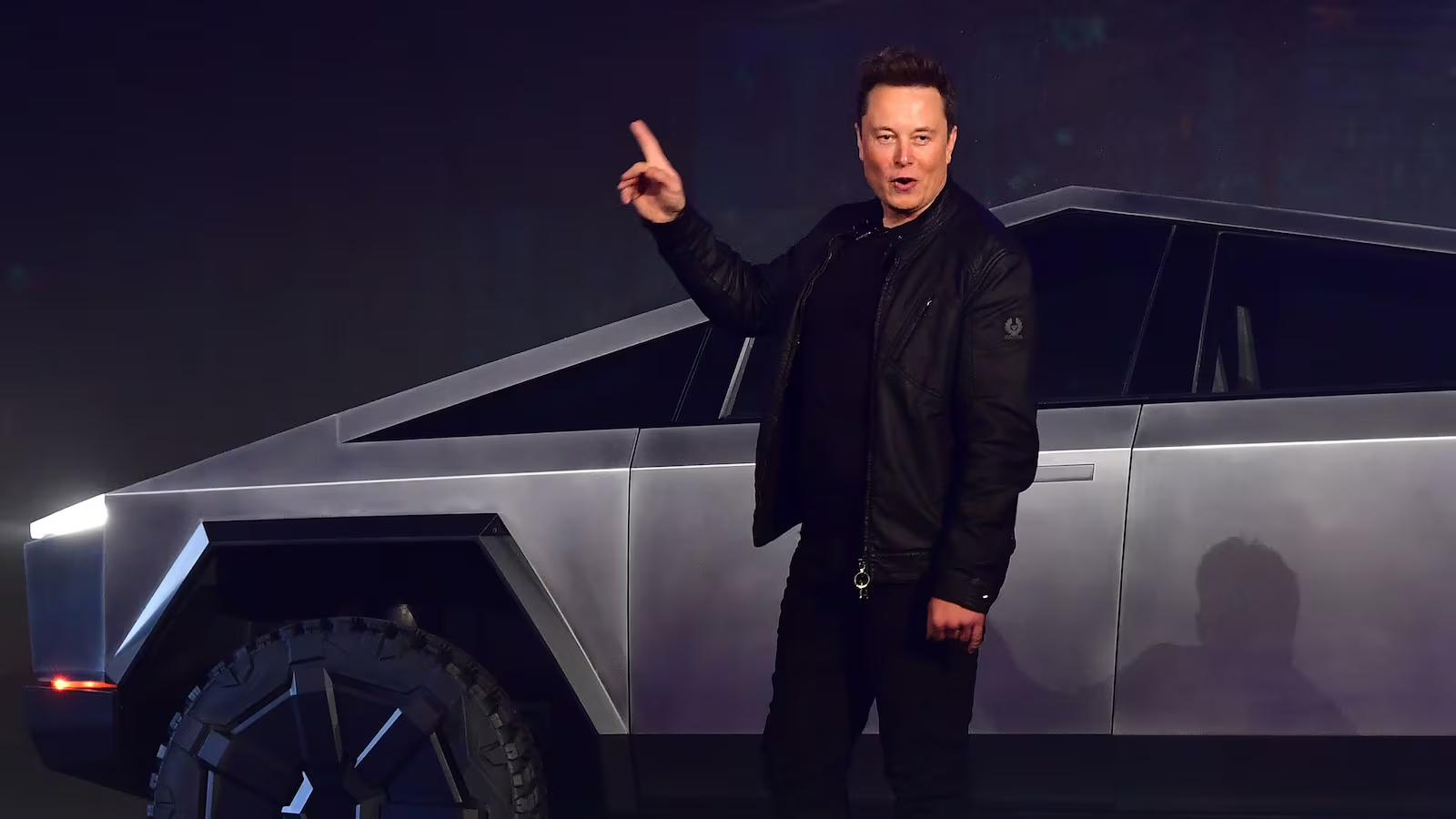Google’s AI hardware game continues to evolve as the company announced its latest advancements in AI processing chips and cloud infrastructure. During its annual I/O developer conference, Google unveiled the next generation of its Tensor Processing Unit (TPU) v5e, boasting improved performance and efficiency for training and deploying AI models.
Key Highlights:
- Google introduces its latest Tensor Processing Unit (TPU) v5e, designed for efficient AI model training and deployment.
- The new TPU configurations offer significant performance improvements compared to predecessors.
- Google Cloud unveils Pods, interconnected clusters of TPUs forming a powerful “hypercomputer” for large-scale AI tasks.
- This move signifies Google’s ambition to lead the AI hardware race and capture a larger share of the cloud computing market.

TPU v5e Promises Higher Performance and Efficiency:
The TPU v5e builds upon the success of previous generations, offering significant performance upgrades. Google claims it delivers 2.5x the performance per watt compared to the previous TPU v4 Pod, enabling faster and more cost-effective AI training. Additionally, the TPU v5e integrates new features like improved precision and higher memory bandwidth, further enhancing its capabilities for a wider range of AI workloads.
Pods: A Cloud “Hypercomputer” for Large-Scale AI:
Beyond the individual chip advancements, Google took a further step by introducing Pods, interconnected clusters of TPUs forming a powerful “hypercomputer” for tackling large-scale AI tasks. These Pods can hold up to 256 TPU v5e chips, offering unparalleled processing power for tasks like training massive language models or running complex scientific simulations.
Google Aims for AI Supremacy:
These announcements demonstrate Google’s commitment to becoming the leading force in AI hardware. By developing its own custom chips and cloud infrastructure, Google aims to gain an edge in the competitive AI landscape, challenging established players like Nvidia. This move could have significant implications for the future of AI development, as access to powerful and affordable AI hardware becomes increasingly crucial for research and innovation.
The Future of AI Hardware and Cloud Computing:
As AI technology continues to evolve, the demand for more powerful and efficient hardware will only increase. Google’s latest advancements in AI chips and cloud infrastructure are a strong indicator of the direction the industry is headed. With its focus on performance, efficiency, and scalability, Google is well-positioned to lead the way in this cutting-edge field.








